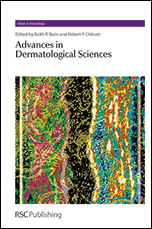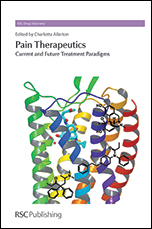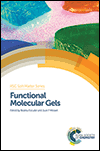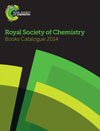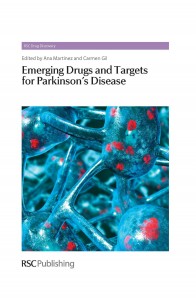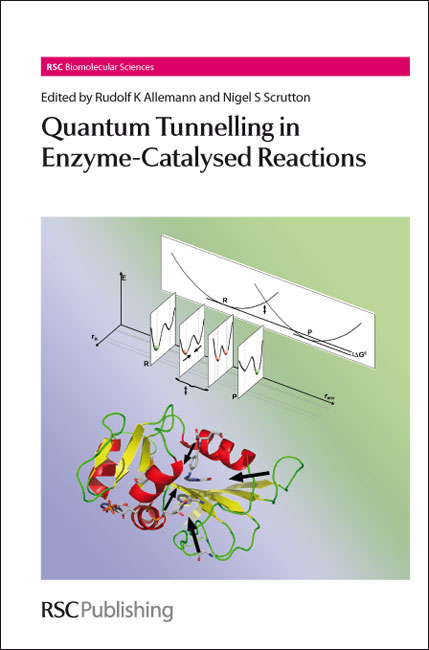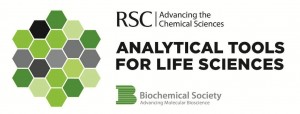Assessing and preventing adverse effects of pharmaceutical products is an important part of medicinal chemistry and drug development. The RSC Drug Discovery and Issues in Toxicology Series includes a broad range of books on drug efficacy and drug safety, or pharmacovigilance.
Take a look at the books below to find out more about issues involved in safety and efficacy of drugs and techniques for their evaluation. All these books are available as eBooks and you can access the front matter, table of contents and the first chapter of all these for free. Why not recommend them to your library?
These titles are a great resource for scientists involved in drug discovery and development and drug metabolism studies. They are also a valuable guide for regulators concerned with the safety evaluation of chemicals and postgraduate medicinal chemists.
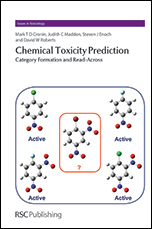
Recently published:
Chemical Toxicity Prediction: Category Formation and Read-Across
Mark Cronin, Judith Madden, Steven Enoch and David Roberts (978-1-84973-384-7, Issues in Toxicology)

Comprehensive Biomarker Discovery and Validation for Clinical Application
Péter Horvatovich and Rainer Bischoff (978-1-84973-422-6, RSC Drug Discvovery)
More key texts:
 Designing Multi-Target Drugs
Designing Multi-Target Drugs
J. Richard Morphy and C John Harris (978-1-84973-362-5, RSC Drug Discovery)

New Horizons in Predictive Toxicology: Current Status and Application
Alan G E Wilson (978-1-84973-051-8, RSC Drug Discovery)
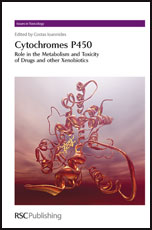 Also highly recommended:
Also highly recommended:
Cytochromes P450: Role in the Metabolism and Toxicity of Drugs and other Xenobiotics
Costas Ioannides (978-0-85404-274-6, Issues in Toxicology)
Nanostructured Biomaterials for Overcoming Biological Barriers
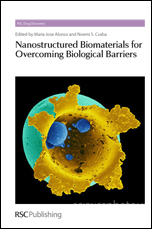 Maria Jose Alonso and Noemi S. Csaba (978-1-84973-363-2, RSC Drug Discovery)
Maria Jose Alonso and Noemi S. Csaba (978-1-84973-363-2, RSC Drug Discovery)
Biomedical Imaging: The Chemistry of Labels, Probes and Contrast Agents
Martin Braddock (978-1-84973-014-3, RSC Drug Discovery)
Metabolism, Pharmacokinetics and Toxicity of Functional Groups: Impact of Chemical Building Blocks on ADMET
Dennis A Smith (978-1-84973-016-7, RSC Drug Discovery)
Coming soon:











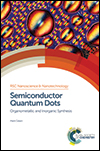
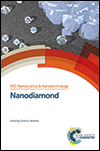


 Natural Rubber Materials Volume 1: Blends and IPNs
Natural Rubber Materials Volume 1: Blends and IPNs
